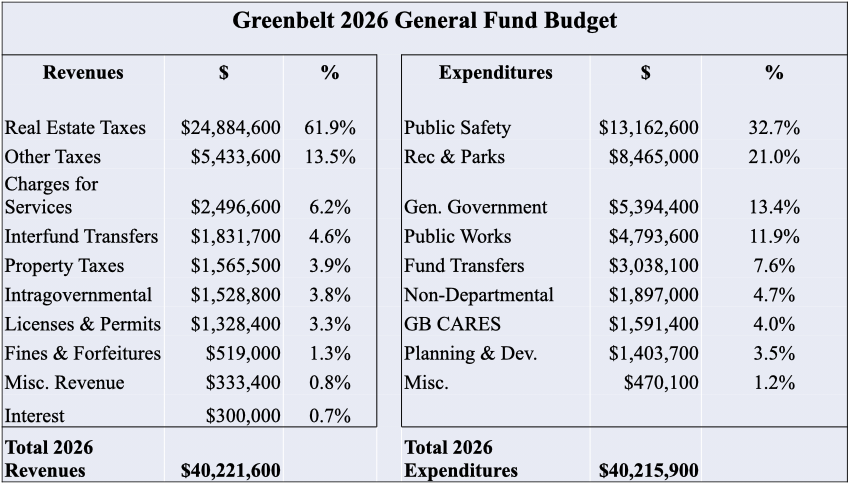Optimizing transparency and public participation was the focus of the Greenbelt City Council worksession on October 14. The context of the discussion was whether council meetings should continue using Webinar or return to Zoom. Council had made the change to the webinar format after a meeting was Zoom-bombed on June 3 (Zoom bombing is a malicious attack where large numbers of spurious users join a meeting and paralyze it).
According to Director of Information Technology Dale Worley in a letter to council, Webinar “provides additional layers of security and protection for council’s meetings.” Meeting participation is more controlled, as opposed to Zoom, where “anyone admitted to the meeting can be disruptive if they choose.” Worley’s recommendation to council was to continue using Webinar, in spite of its limitations, with the main difference being that Zoom places all participants on an equal footing with unencumbered participation.
Mayor Colin Byrd and Councilmembers Judith Davis and Rodney Roberts recommended trying a return to Zoom, perhaps with restrictions like a waiting room feature that regulates all attendees and live photo verification, if necessary, of each participant. Having a staff person online handling the technical aspects of the meeting, allowing the mayor to focus on running the meeting, was the consensus of council. Byrd and Roberts were keen to note that a public meeting, where freedom of expression is key, was distinct from a webinar.
Councilmembers Emmett Jordan, Silke Pope, Edward Putens and Leta Mach were largely satisfied with Webinar, finding it a more manageable format. Yet, they all agreed that finding a way to increase public participation was paramount, regardless of the technology being used by those calling in, like access to a touch phone or not.
A discussion topic at the meeting was the possibility for a council, staff and communitywide training in the procedures and operations of the virtual meeting approach. The call-in protocol was especially noted as complicated. At present, no plans have been made for training.
Worley pointed out that most of the neighboring jurisdictions are implementing the virtual approach. Yet, the distinction is that Greenbelt stands alone in allowing public comment throughout the meeting, a freedom that Greenbelt residents have enjoyed for some time. Many jurisdictions require pre-registration to participate and prior emailing of comments and concerns, often restricting public response to specific times in meetings. Council was committed to retaining open public access.
Resident Molly Lester felt that disruption is a possibility in any meeting, even public in-person gatherings, and was appreciative of the debate.
Putens said that council should be starting to focus on a way to return to in-person meetings in council chambers and to not get too used to the virtual format. Jordan agreed and suggested looking at ways to create a safe environment for attendees.
Byrd stressed that Greenbelt should strive to be the best in its public transparency and not just better than neighboring cities, saying that “Greenbelt is Great.”
After a discussion at the October 26 meeting, council voted to return to the Zoom meeting format, with conditions, in a 5 to 2 vote with Jordan and Putens voting against. The conditions, developed by Davis, include: a host (the mayor or presiding officer) and co-host (staff member) who will admit people to the meeting and help the host know who has raised a hand; a waiting room, with attendees providing their full name, or organization if applicable, with no ability to rename themselves; everyone admitted into the meeting will be automatically muted; in order to speak, an attendee must raise a hand and be recognized by the mayor or presiding officer who will unmute the person wishing to speak; once admitted, attendees are not allowed to change their profile photos; prevent anyone from screen sharing, unless permitted by the host; disable the entry/exit chime; the host and co-host must know how to instantly dismiss a disruptive attendee, if needed; and basic Zoom etiquette should be promoted and stressed among all attendees.



